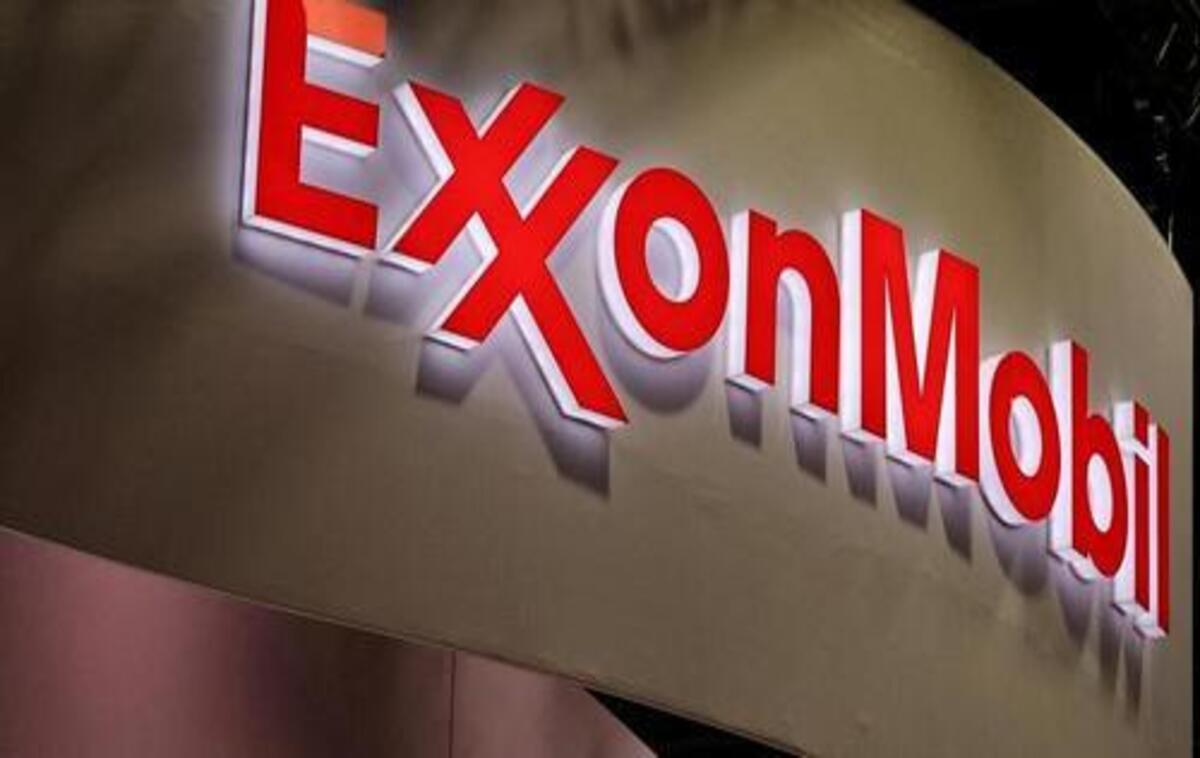Exxon to Create Shale Giant with $60 Billion Pioneer Acquisition
Exxon Mobil announced the acquisition of Pioneer Natural Resources for a staggering $59.5 billion in a significant move. This strategic decision signifies a greater commitment to fossil fuel production at a time when global concerns about climate change are intensifying and the drive for greener energy sources is stronger than ever.
Exxon’s decision to concentrate its operations in Texas and along the coast of Guyana, thereby securing its future in close proximity to its Houston headquarters, reveals a calculated wager on the trajectory of U.S. energy policies. Despite the Biden administration’s support for electric vehicles and renewable energy, Exxon appears confident that fossil fuels will continue to dominate.
Exxon’s venture into carbon capture technology, which aims to capture CO2 from industrial sites and deposit it underground, is a notable aspect of this transaction. Despite its promise, this technology is still in its infancy and has not been subjected to large-scale testing.
Exxon can now meet its growing demand for oil and gas to manufacture petroleum, diesel, plastics, liquefied natural gas, and other products by acquiring Pioneer.
Exxon’s $10 billion Golden Pass terminal near the Texas-Louisiana border is poised to become a vital hub for liquefied natural gas exports, particularly as Europe seeks alternatives to Russian gas. The Permian basin, a prolific U.S. oil and gas field straddling Texas and New Mexico, will serve as the terminal’s focal point.
This transaction positions Exxon as the preeminent player in the Permian basin, superseding its chief competitor, Chevron. The combined acreage of Pioneer and Exxon in the Permian, 850,000 acres and 570,000 acres, creates one of the world’s largest undeveloped oil and gas reserves. This consolidation allows for lengthier wells and deeper exploration of the basin’s shale resources, which is essential for long-term production sustainability.
This action exemplifies the oil industry’s altering view of shale extraction. Major participants initially hesitated to invest in shale fields such as the Permian. However, technological advancements and increasing difficulty in locating new drilling locations have made shale fields more attractive, resulting in an increase in mergers and acquisitions.
Despite the deal’s potential, environmentalists who advocate for renewable energy solutions have criticized it. Exxon’s emphasis on fossil fuels, particularly in water-sensitive regions such as the Permian, raises concerns regarding the depletion of limited water resources.
The transaction is expected to conclude in early 2024, signifying Exxon’s largest acquisition since its 1999 purchase of Mobil. Exxon is positioning itself at the vanguard of the shale industry with this move, making significant advances that will unquestionably influence the future of fossil fuel production.
Also Read:
